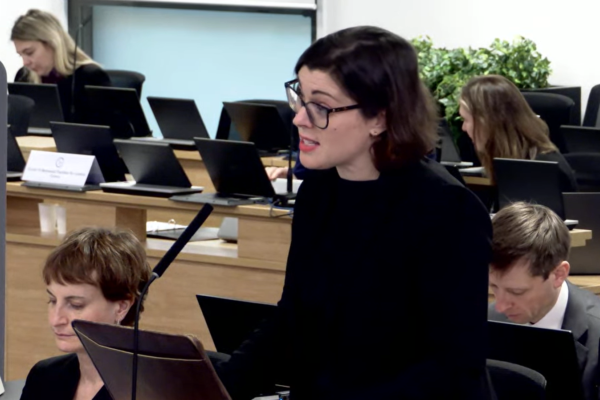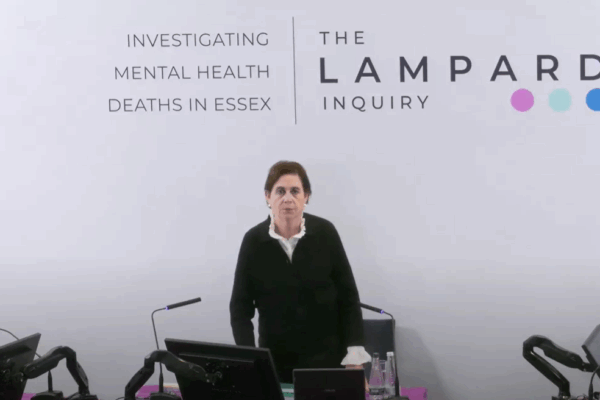Important statelessness ruling (Semeda)
5 January 2016
In R (on the application of Semeda) v Secretary of State for the Home Department (statelessness; Pham [2015] UKSC 19 applied) IJR [2015] UKUT 658 (IAC), the Tribunal (President and Upper Tribunal Judge Reeds) considered the stateless provisions under part 14 of the immigration rules for the first time. The panel also considered the SSHD’s policy guidance Applications for Leave to Remain as a Stateless Person. Mr Semeda was represented by Garden Court North Chambers’ Mikhil Karnik.
In quashing the SSHD’s decision the panel noted that the crucial question for the decision maker is, in the language of Article 1(1) of the 1954 Convention, whether the person is “considered as a national by any state under the operation of its law” and that decision makers must address each of these components in every case.
The panel reaffirmed that the SSHD’s policies are not merely material considerations to be taken into account by the decision maker, rather, they trigger a duty to give effect to their terms, absent good reason for departure. The panel also acknowledged the applicability of the Tameside principle and the duty of enquiry on the decision-maker.
The panel recognised that decision making process in a statelessness case may involve some subtlety and sophistication, arising from the recognition in international law of a distinction between de jure and de facto statelessness; it emphasised the importance of accounting for the actual implementation of a state’s nationality laws and its practice in respect of nationality. It concluded thata broad meaning is to be ascribed to the words “under the operation of its law” , and that determination of the issue in the present was necessary, rather than any prospective or future nationality. It observed [t]he question which should have been addressed, and answered, was whether the Libyan government recognised the Applicant as one of its nationals at the time when the decision was made .
Finally, the Tribunal offered a warning to those making stateless applications – there is a duty of mutual co-operation and, any unreasonable refusal to actively co-operate could operate to their disadvantage.
In a subsequent, and contrasting decision, R (on the application of JM) v Secretary of State for the Home Department (Statelessness: Part 14 of HC 395) IJR [2015] UKUT 676 (IAC) a different panel recognised that although challenges have to be based on public law principles, a greater intensity of scrutiny is appropriate in a stateless case. There the tribunal concluded that the fact that a child born outside Zimbabwe but was not registered as a Zimbabwean citizen was insufficient, and that the test was whether someone is either a national of the country or entitled to be a national of the country.
Mikhil was instructed by Habib Rahman at Amelius Solicitors.





